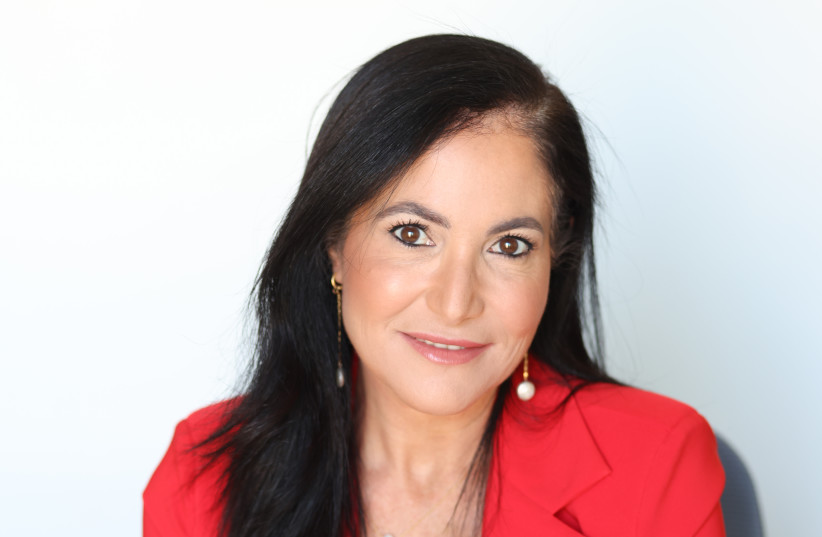Salam Diabat runs an alternative medicine company near her home in Zarzir in northern Israel. However, since the start of the Israel-Hamas war on October 7, her client base has significantly dwindled.
“I have a visitors center where I used to welcome customers from Israel and abroad. Of course, now there is no tourism and no visitors, so I had to shut the center down,” she told The Jerusalem Post.
Moreover, Diabat noted that following the Hamas attack against Israel, anti-Arab prejudice has surged, and many of her former Jewish clients have stopped coming to her town.
Diabat is one of a growing number of female entrepreneurs, particularly among Arab Israeli women, who are struggling to survive three months after the war, according to Tsofit Gordon, CEO of Yozmot Atid, a non-governmental organization dedicated to assisting women from minority or underprivileged communities in initiating and advancing their small businesses.
Before October 7, Yozmot Atid helped thousands of small business owners with programs aimed at women from various backgrounds.

About half the women generally already ran businesses – such as in food, design, video editing, beauty or other crafts – the other half had an idea for a business they wanted to start.
When the women were accepted into the program, they would receive group training on running a business, from balancing their finances to marketing, sales, and navigating the bureaucracy and legal challenges in Israel. Then, they would be paired with a professional mentor, also trained by Yozmot Atid, who would work with them until they felt the women were on the track for success.
The impact of the program
“About 70% out of every 1,000 women who start the program will open their business or put it on the right track,” Gordon said. “We know from all kinds of surveys that we do that the survival rate is about 70% three years after they complete the program.”
Arab society was always a focus for Yozmot Atid, she said, noting that the NGO had been working with Arab Israeli women since 2015. It also works with the Bedouin and Druze populations. The program encourages building a shared society, and often, women in the Jewish and Arab communities would be matched to create small partnerships, such that a Jewish restaurant owner may be encouraged to buy her kubbeh from an Arab cook or vice versa.
Soon after October 7, many of the women the program had helped were challenged. In Arab communities, as Diabat described, the number of Jews willing to come and shop declined, Gordon said. On the other hand, some Arab Israelis became hesitant about selling to or visiting their Jewish clients for fear they would be forced to discuss the war and their political opinions.
Gordon said Yozmot Atid developed a program to provide support for these women.
“We opened an emergency response program with several elements,” Gordon told the Post.
First, a dedicated call center operates several hours, five days a week. Female business owners can converse with one of the program’s business consultants.
Next, Yozmot Atid is aiding in navigating the Israeli bureaucracy so that the women in need can tap into the state’s business grants and other support.
Lastly, the program offers a series of webinars, workshops, and lectures, empowering these women to utilize this period for self-development or to make strategic shifts, such as transitioning from physical sales to electronic platforms, primarily if their business heavily relies on tourism.
Diabat said that during the COVID-19 crisis, she was forced to close her business for two years, and, back then, she never thought she would recover.
“Here we are again in such a difficult situation,” she said. “All the tours I booked for October, November, and December were canceled.
“It is tough to be a female small business owner in general right now, and even harder to be an Arab female business owner.”
She said she signed up for workshops and is using the time to help improve her business skills. In addition, she called for the state to provide more support faster. Loans, she said, are not the answer.
“How can I take out a loan?” Diabat asked. “I do not have any income to pay it back.”
But she also said that she believes this phase will pass.
The war against Hamas “will not be forever,” she said.
